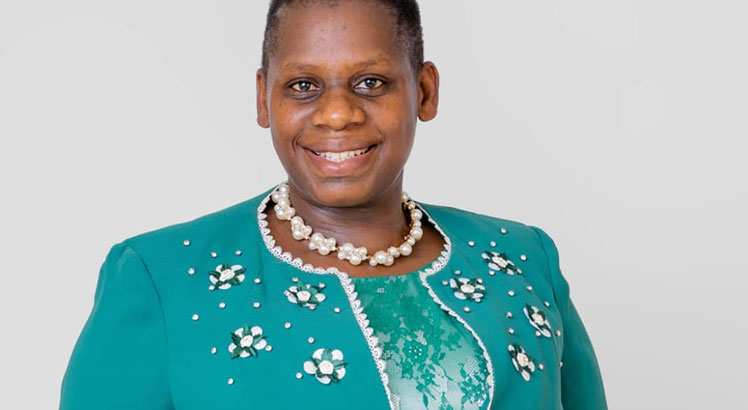Dodma contingency plan in K57bn deficit
The Department of Disaster Management Affairs (Dodma) faces a K57 billion deficit to implement its National Multi-hazard Contingency Plan for the 2023/24 rainy season, sparking fears that the country is not ready to counter forecasted disasters.
Dodma chief disaster preparedness officer Natasha Mbengo disclosed this on Friday in Mponela, Dowa during a participatory, monitoring and evaluation stakeholders’ meeting on 2023-24 national disaster preparedness.
She said the plan requires K100 billion, but currently they only have K43 billion. The funds are meant for disaster preparedness, mitigation and response.
Said Mbengo: “We have K43 billion available, but let me emphasise that this is not cash. It’s in the form of relief supplies: both food and non-food, including medical and the tents that we used last year.”
In a follow-up interview yesterday, she said Dodma has shared the plan with the Ministry of Finance and Economic Affairs and donors, hoping for support to cover up the shortfall.

Said Mbengo: “We have submitted the contingency plan to the Treasury and we have also shared the same with our donor partners.
“So, we are hoping that they are going to fund us. Of course, we don’t expect to mobilise one hundred percent.”
She said they have paid for insurance coverage through the African Risk Capacity Group which will help the country secure a payout in case disasters happen.
Reacting to the Dodma plan’s resources, Malawi University of Science and Technology head of department for earth sciences Isaac Tchuwa said it was worrying that there are inadequate resources to support the plan.
He said: “What that means is that the implementation will be a problem. It is very clear that this country will be faced by those shocks. Of concern are the prolonged dry spells that will come on the backdrop of rampant food insecurity in the country.
“Should we suffer from the El Niño effects, such as dry spells and potential flooding, what will happen is that the food insecurity will get worse.”
On his part, principal meteorologist in the Department of Climate Change and Meteorological Services Tolani Kanyenda said they were pleased that stakeholders are treating their forecast with seriousness.
“We are getting positive feedback. I think people are taking our services seriously. It is also pleasing to learn that there is already resource mobilisation based on the messages we released some three weeks ago,” he said.
The Civil Society Network on Climate Change organised the training following a meteorological forecast that droughts and floods will characterise the upcoming rainy season.





